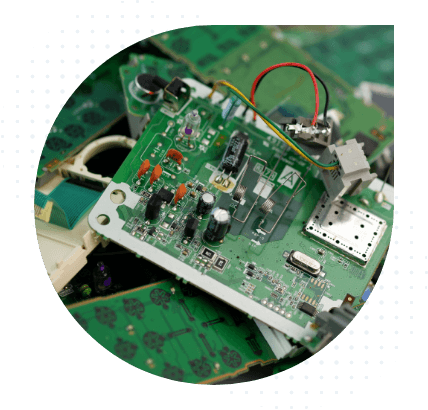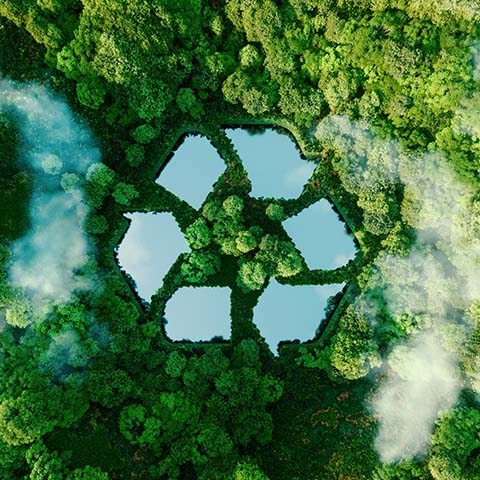Waste Recycling
- 13
- 12




Waste Recycling
Qisda manages the waste by adopting the source management strategy, and, with constant energy saving and waste reduction activities, implements waste recycling and sorting in the source management to significantly reduce the waste produced, increase the amount of recycling, and further achieve the goal of waste reduction.
The waste generated by Qisda’s factories can be classified into different groups: general industrial waste, medical waste, solvent waste, and non-sortable discarded electronic components or electronic waste. During the process of operation and production, Qisda does not generate any hazardous waste in accordance with the Basel Convention’s definition. The environmental health and safety officers are responsible for managing most of the waste. Recyclable waste is moved to the resource recovery area for contractors to classify.

In order to increase the proportion of recyclable waste, Qisda has set up waste management procedures and recycling goals. We review our course of action and goals during the corporate sustainable development (ESG) meeting every quarter so as to monitor the issue in long term. The total production of Qisda has increased significantly compared to that of 2009, and so has the types and amount of recyclable waste. Since we started promoting energy saving and waste reduction activities, the proportion of recyclable waste has reached up to 91%. Since 2009, the cumulative weight of global recyclable waste has reached 288,182 tonnes with the Suzhou (China) Plant generating most of the waste at the amount of 278,237 tonnes.
Comparison of Waste Management
Waste Management Performance in 2021




Want to know more detailed content?
Read Report Contents







